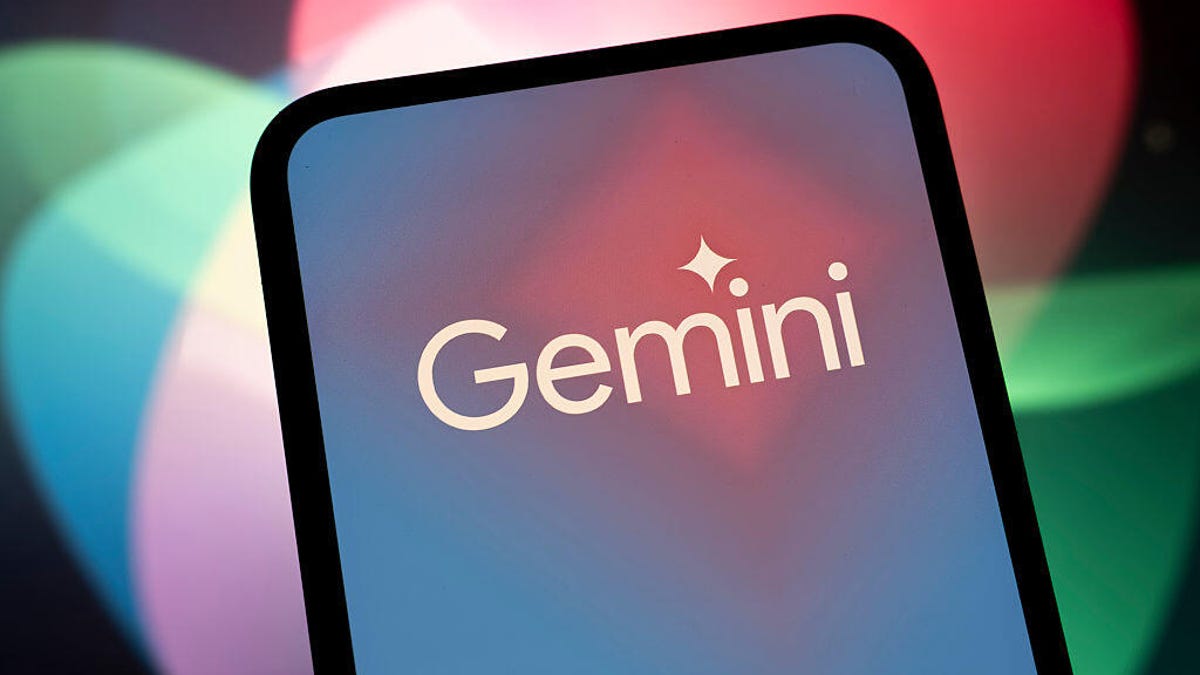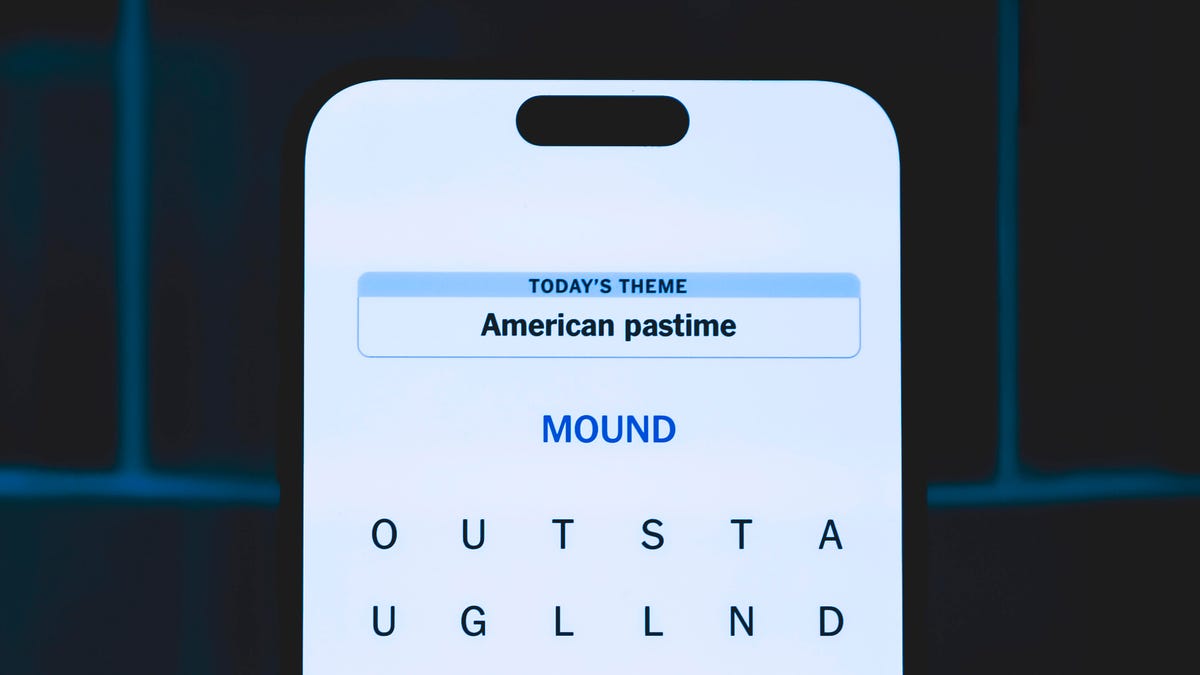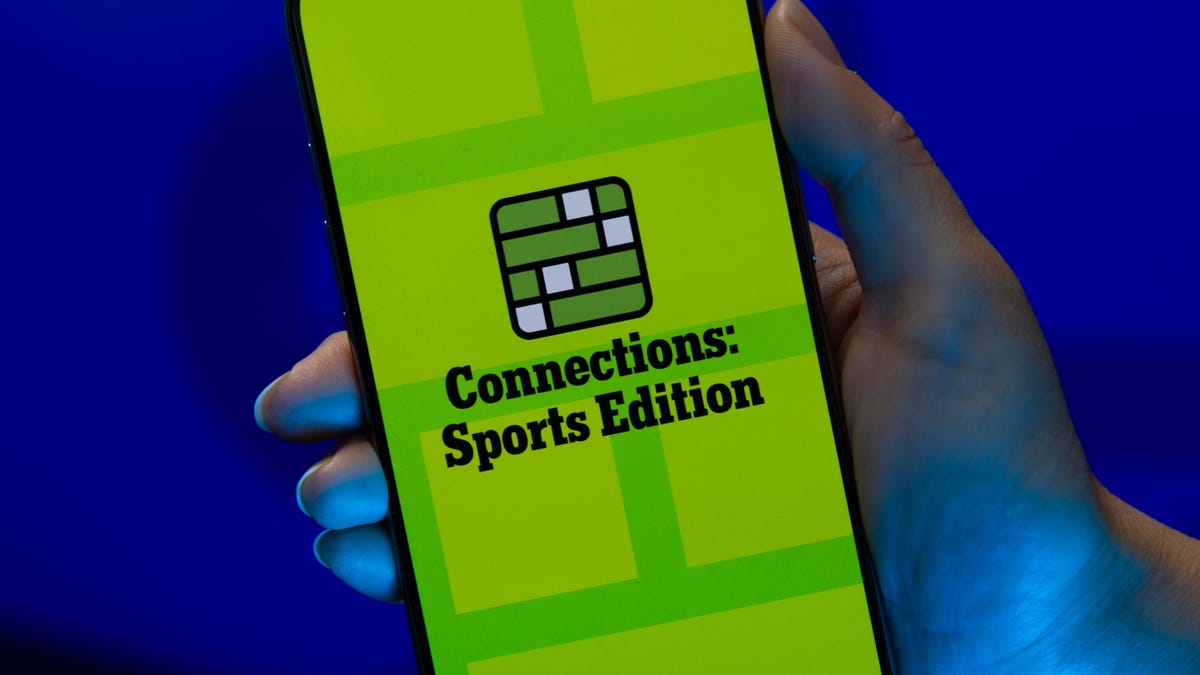Technologies
The Best Strategy Mobile Game I Ever Played Just Came Back After a Decade
Battle Nations is a hybrid base builder and grid-based combat game that feels just as fresh now as it did 10 years ago.

Battle Nations, a free-to-play turn-based military strategy game for phones developed by studio Z2Live, was taken from us too soon on Sept. 28, 2016. And I’m obviously not the only person who feels like the game didn’t have enough time in the sun, because a new version of the game came back to mobile game stores on May 30, 2025 — nearly a decade after the servers shut down for the last time.
I formed a Battle Nations guild with my friends back in middle school to take on some of the game’s raids, but we were always severely under-leveled and outnumbered by our enemies. Battle Nations was released during the heyday of mobile gaming, completely revolutionizing what I believed the platform could do. Endless runners like Jetpack Joyride and Subway Surfers gave way to Battle Nations afternoons, filled with planning our group conquests, and it was glorious.
The new iteration of the game, called Battle Nations Rewritten, was completely remade by a group of fans who came together to form their own game studio, Madrona Games. This team of developers has spent the last several years ironing out legal proceedings with the game’s original publisher, King, to gain the rights to use the Battle Nations trademark. Madrona’s developers honed their skills with the release of another game, Tank Tactics, while publishing beta builds for their Patreon subscribers.
A tight-knit community of Battle Nations fans approached a major corporation with their own take on an old property and didn’t have their fan project taken down. Z2Live was acquired by King in 2015, which is a company that was acquired by Activision Blizzard in 2016, which itself was later acquired by Microsoft in 2023 — and despite this, Madrona Games was able to make peace with Battle Nations’ parent company regardless of large gaming corporations’ penchant for suing fan projects using their IP.
Now Battle Nations is back in all its former glory, allowing a whole new generation of players to build an outpost and expand their military forces in the name of the emperor.
What is Battle Nations about?
Battle Nations was lampooning fascistic empires before Helldivers 2 made it cool. You’re the captain of the 95th Rifle Company of the Imperial Army, a once-renowned military presence that is starting to crack under siege from a rebel army.
As flames of conflict approach the capital, the teenage emperor sends your unit to a far-flung continent in search of resources to create a new superweapon. It’s your job to grow a budding outpost into a massive military complex, fighting off rebels, vicious local fauna and gas-mask clad warriors that your chauvinistic lieutenant has deemed as «raiders.»
Your allies are all pretty atrocious people, but their ignorance is constantly made the butt of the joke in Battle Nations’ narrative writing. Raiders and rebels are consistently better outfitted and more competent than your team, which forces you to work even harder to stay combat-ready as you advance further into the game.
Part city-building simulator and part grid-based tactical battler, Battle Nations appeals to many different types of strategy gamers. I personally enjoyed crafting zany units and utilizing them to defend my outpost as I grew my city-state’s economy.
Once players reach a high enough level, they’ll be able to learn from raider allies to master mammoths and raptors, conduct medical experiments to turn their basic units into zombies and even hire the Team Fortress 2 mercenaries in a bizarre crossover with Valve. (The launch trailer seems to suggest that the famed mercenaries will return in the fan version.)
These advances are only made possible through economic prosperity and strong supply lines. Players need to create warehouses, expand their borders to resource deposits and build facilities to process raw materials into stronger forms if they want to build the best units. I’ve never been gifted at planning out my builds, but the best urban planners will find a great framework to create efficient (and pretty-looking) army bases.
As your outpost grows strong enough, you’ll start to supplement your foot troops with tanks, helicopters and other heavy vehicles. I remember feeling like I was a true military power by the time Battle Nations shut down.
I can’t wait to dive back into Battle Nations’ take on turn-based combat, even if it means I have to start all over with the bog-standard riflemen.
What’s next for Battle Nations Rewritten?
The new Battle Nations isn’t shipping with every multiplayer feature included in the original game quite yet.
Madrona Games has promised that subsequent updates will restore many of the social elements missing from the launch build.
That means the friends list and guilds will be added soon. One of my favorite features from the original Battle Nations was the ability to let an ally raid resource deposits on your outpost to help them resupply materials they were low on, and it’ll be great to see that collaborative gameplay make a return.
Boss strikes are also on the docket for a swift return, allowing players to combine their military might to chip away at a boss enemy’s health bar (and earning sweet rewards if they’re able to fully defeat it).
Beyond returning features, the developers plan to add «new narrative arcs, seasonal operations, time-limited events and more to keep the world of Battle Nations evolving.»
Madrona Games’ Battle Nations Rewritten is launching on every platform that the original Battle Nations was on. That means you’re able to download the game from the App Store, Google Play Store and Steam for free now.
Technologies
Google Rolls Out Latest AI Model, Gemini 3.1 Pro
Starting Thursday, Gemini 3.1 Pro can be accessed via the AI app, NotebookLM and more.

Google took the wraps off its latest AI model, Gemini 3.1 Pro, on Thursday, calling it a «step forward in core reasoning.» The software giant says its latest model is smarter and more capable for complex problem-solving.
Google shared a series of bookmarks and examples of the latest model’s capabilities, and is rolling out Gemini 3.1 to a series of products for consumers, enterprise and developers.
The overall AI model landscape seems to change weekly. Google’s release comes just a few days after Anthropic dropped the latest version of Claude, Sonnet 4.6, which can operate a computer at a human baseline level.
Benchmarks of Gemini 3.1
Google shared some details about AI model benchmarks for Gemini 3.1 Pro.
The announcement blog post highlights that the Gemini 3.1 Pro benchmark for the ARC-AGI-2 test for solving abstract reasoning puzzles sits at 77.1%. This is noticeably higher than Gemini 3 Pro’s 31.1% score for the same test.
The ARC-AGI-2 benchmark is one of multiple improvements coming from Gemini 3.1 Pro, Google says.
3.1 Pro enhancements
With better benchmarks nearly across the board, Google highlighted some of the ways that translate in general use:
Code-based animations: The latest Gemini model can easily create animated SVG images that are scalable without quality loss and ready to be added to websites with a text prompt.
Creative coding: Gemini 3.1 Pro generated an entire website based on a character from Emily Brontë’s novel Wuthering Heights, if she were a landscape photographer showing off her portfolio.
Interactive design: 3.1 Pro was used to create a 3D interactive starling murmuration that allows the flock to be controlled in an assortment of ways, all while a soundscape is generated that changes with the movement of the birds.
Availability
As of Thursday, Gemini 3.1 Pro is rolling out in the Gemini app for those with the AI Pro or Ultra plans. NotebookLM users subscribed to one of those plans will also be able to take advantage of the new model.
Both developers and enterprises can also access the new model via the Gemini API through a range of products, including AI Studio, Gemini Enterprise, Antigravity and Android Studio.
Technologies
Today’s NYT Strands Hints, Answers and Help for Feb. 20 #719
Here are hints and answers for the NYT Strands puzzle for Feb. 20, No. 719.

Looking for the most recent Strands answer? Click here for our daily Strands hints, as well as our daily answers and hints for The New York Times Mini Crossword, Wordle, Connections and Connections: Sports Edition puzzles.
Today’s NYT Strands puzzle is a bit tricky. Some of the answers are difficult to unscramble, so if you need hints and answers, read on.
I go into depth about the rules for Strands in this story.
If you’re looking for today’s Wordle, Connections and Mini Crossword answers, you can visit CNET’s NYT puzzle hints page.
Read more: NYT Connections Turns 1: These Are the 5 Toughest Puzzles So Far
Hint for today’s Strands puzzle
Today’s Strands theme is: True grit
If that doesn’t help you, here’s a clue: You might find this in a wood shop.
Clue words to unlock in-game hints
Your goal is to find hidden words that fit the puzzle’s theme. If you’re stuck, find any words you can. Every time you find three words of four letters or more, Strands will reveal one of the theme words. These are the words I used to get those hints but any words of four or more letters that you find will work:
- SAND, CART, SCAR, SCAT, PAPER, HAVE
Answers for today’s Strands puzzle
These are the answers that tie into the theme. The goal of the puzzle is to find them all, including the spangram, a theme word that reaches from one side of the puzzle to the other. When you have all of them (I originally thought there were always eight but learned that the number can vary), every letter on the board will be used. Here are the nonspangram answers:
- COARSE, HARSH, SCRATCHY, ROUGH, PRICKLY, ABRASIVE
Today’s Strands spangram
Today’s Strands spangram is SANDPAPER. To find it, start with the S that’s the farthest-left letter on the very top row, and wind down.
Technologies
Today’s NYT Connections: Sports Edition Hints and Answers for Feb. 20, #515
Here are hints and the answers for the NYT Connections: Sports Edition puzzle for Feb. 20, No. 515.

Looking for the most recent regular Connections answers? Click here for today’s Connections hints, as well as our daily answers and hints for The New York Times Mini Crossword, Wordle and Strands puzzles.
Today’s Connections: Sports Edition features a category all about my favorite football team. If you’re struggling with today’s puzzle but still want to solve it, read on for hints and the answers.
Connections: Sports Edition is published by The Athletic, the subscription-based sports journalism site owned by The Times. It doesn’t appear in the NYT Games app, but it does in The Athletic’s own app. Or you can play it for free online.
Read more: NYT Connections: Sports Edition Puzzle Comes Out of Beta
Hints for today’s Connections: Sports Edition groups
Here are four hints for the groupings in today’s Connections: Sports Edition puzzle, ranked from the easiest yellow group to the tough (and sometimes bizarre) purple group.
Yellow group hint: We’ll be right back…
Green group hint: Run for the roses.
Blue group hint: Skol!
Purple group hint:
Answers for today’s Connections: Sports Edition groups
Yellow group: Break in the action.
Green group: Bets in horse racing.
Blue group: QBs drafted by Vikings in first round.
Purple group: Race ____.
Read more: Wordle Cheat Sheet: Here Are the Most Popular Letters Used in English Words
What are today’s Connections: Sports Edition answers?
The yellow words in today’s Connections
The theme is break in the action. The four answers are intermission, pause, suspension and timeout.
The green words in today’s Connections
The theme is bets in horse racing. The four answers are exacta, place, show and win.
The blue words in today’s Connections
The theme is QBs drafted by Vikings in first round. The four answers are Bridgewater, Culpepper, McCarthy and Ponder.
The purple words in today’s Connections
The theme is race ____. The four answers are bib, car, course and walking.
-

 Technologies3 года ago
Technologies3 года agoTech Companies Need to Be Held Accountable for Security, Experts Say
-

 Technologies3 года ago
Technologies3 года agoBest Handheld Game Console in 2023
-

 Technologies3 года ago
Technologies3 года agoTighten Up Your VR Game With the Best Head Straps for Quest 2
-

 Technologies4 года ago
Technologies4 года agoBlack Friday 2021: The best deals on TVs, headphones, kitchenware, and more
-

 Technologies5 лет ago
Technologies5 лет agoGoogle to require vaccinations as Silicon Valley rethinks return-to-office policies
-

 Technologies5 лет ago
Technologies5 лет agoVerum, Wickr and Threema: next generation secured messengers
-

 Technologies4 года ago
Technologies4 года agoOlivia Harlan Dekker for Verum Messenger
-

 Technologies4 года ago
Technologies4 года agoiPhone 13 event: How to watch Apple’s big announcement tomorrow
